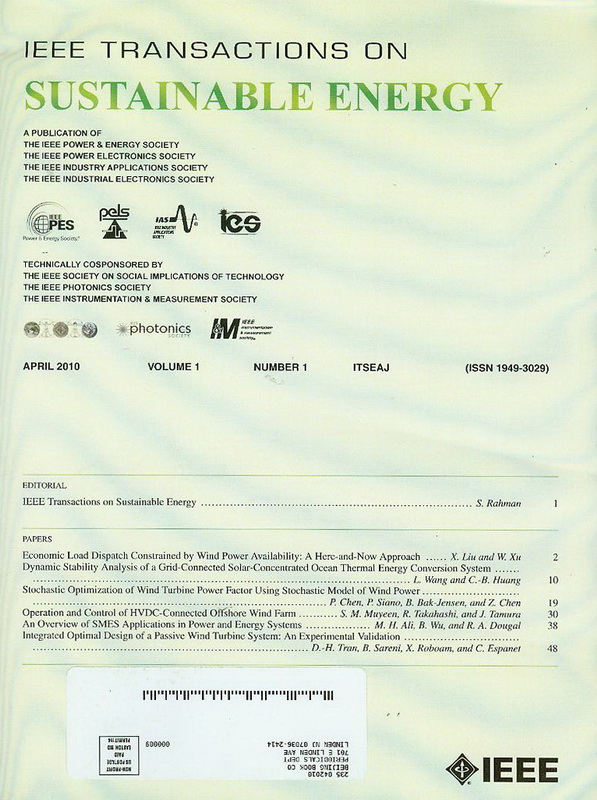电力系统去碳化:碳税与强制淘汰煤电厂的比较
IF 10
1区 工程技术
Q1 ENERGY & FUELS
引用次数: 0
摘要
美国电力系统面临着 2035 年去碳化的目标,但实现这一目标的具体途径仍不明确。碳税和通过各种机制迫使煤电厂退役等政策工具可以帮助实现这一目标。分析和比较去碳化政策至关重要,因为不同的政策会导致不同的成本、排放路径和政治挑战。在本文中,我们探讨了采用其他去碳化政策的影响。我们假定某项碳税为基准政策,并将其与其他碳税和强制煤炭退役政策在排放和成本方面进行比较。我们使用了一个电力系统调度模型,该模型对机组承诺、能源和频率调节能力进行了共同优化,以模拟在每种政策下多年的系统演变,包括退役和可再生能源/储能的扩展。我们的案例研究强调了不同政策之间的权衡。我们发现,与直觉相反,由于调度的复杂性、由此产生的利润和退役以及可再生能源/储能的增加,较高的碳税并不总能实现较低的排放。相反,与基准政策相比,强制煤炭退役会导致电力系统成本更低,但排放却更高,不同退役情况下的可能结果范围很大。本文章由计算机程序翻译,如有差异,请以英文原文为准。
Power System Decarbonization: A Comparison Between Carbon Taxes and Forcing Coal Power Plant Retirements
The U.S. power system faces a 2035 decarbonization target, though the exact pathway to the target remains unclear. Policy instruments, like carbon taxes and forcing coal plants to retire through various mechanisms, could help achieve the target. It is critical to analyze and compare decarbonization policies as different policies lead to different costs, emissions pathways, and political challenges. In this paper, we explore the ramifications of adopting alternative decarbonization policies. We assume a particular carbon tax to be the benchmark policy and compare it to alternative carbon tax and forced coal retirement policies in terms of emissions and costs. We use a power system dispatch model that co-optimizes unit commitment, energy, and frequency regulation capacity to simulate system evolution over multiple years, including retirements and renewables/storage expansion, under each policy. Our case study highlights the trade-offs between policies. We find that, counter-intuitively, higher carbon taxes do not always achieve lower emissions due to the complexity of dispatch, resulting profits and retirements, and the addition of renewables/storage. In contrast, forced coal retirements result in lower power system costs but higher emissions than the benchmark policy, with a large range of possible outcomes across different retirement cases.
求助全文
通过发布文献求助,成功后即可免费获取论文全文。
去求助
来源期刊

IEEE Transactions on Sustainable Energy
ENERGY & FUELS-ENGINEERING, ELECTRICAL & ELECTRONIC
CiteScore
21.40
自引率
5.70%
发文量
215
审稿时长
5 months
期刊介绍:
The IEEE Transactions on Sustainable Energy serves as a pivotal platform for sharing groundbreaking research findings on sustainable energy systems, with a focus on their seamless integration into power transmission and/or distribution grids. The journal showcases original research spanning the design, implementation, grid-integration, and control of sustainable energy technologies and systems. Additionally, the Transactions warmly welcomes manuscripts addressing the design, implementation, and evaluation of power systems influenced by sustainable energy systems and devices.
 求助内容:
求助内容: 应助结果提醒方式:
应助结果提醒方式:


